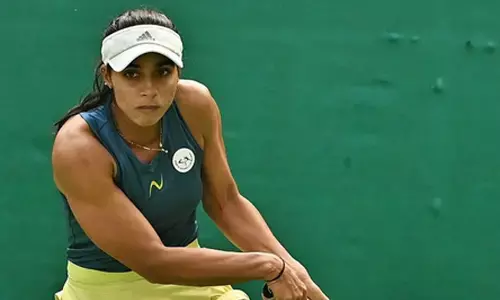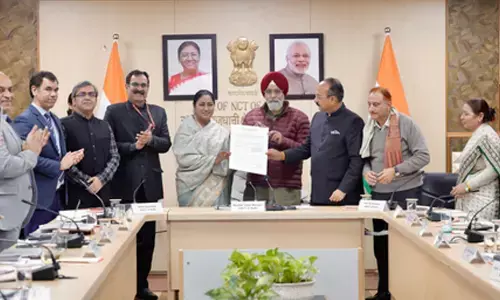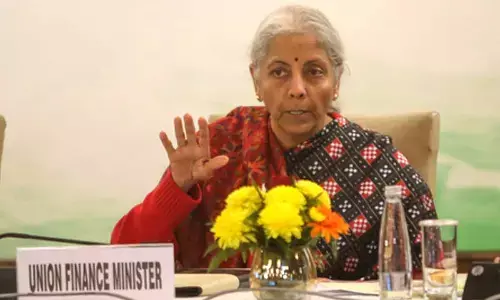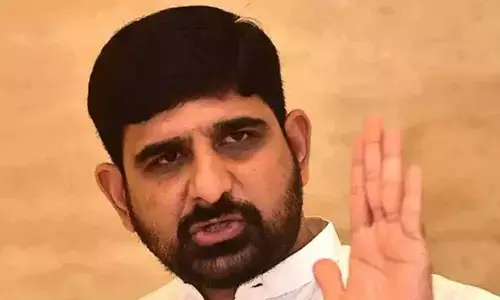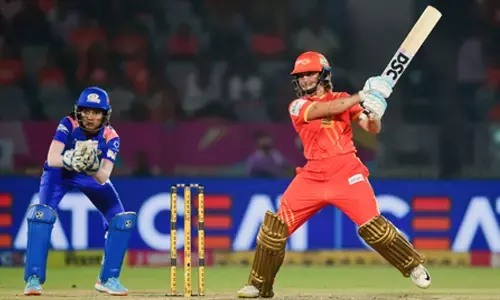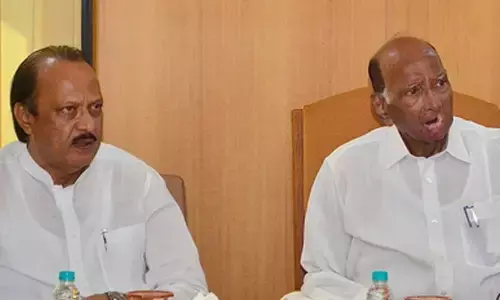Remembering Bimal Roy

Remembering Bimal Roy. I was recently reading Dilip Kumar’s autobiography and found a special chapter dedicated to Bimal Roy films. Dilip Kumar has confessed that he had initially refused to play Devdas because he did not want to set a wrong example to his fans.
I was recently reading Dilip Kumar’s autobiography and found a special chapter dedicated to Bimal Roy films. Dilip Kumar has confessed that he had initially refused to play Devdas because he did not want to set a wrong example to his fans. His director Bimal Roy did not force him and just asked him to read the English translation of the book and then make up his mind. Dilip Kumar agreed and rest is history. Kumar describes Roy as a man of few words, says he seldom elaborated on the scenes to his actors, “Roy was a great story teller and master of character sketches”.
There is an old saying that you dare to dream when you fear to lose and that is what happened to Bimal Roy. Roy started as a photographer assistant on the sets of legendary filmmaker PC Barua in Calcutta. Barua hired him to do the publicity stills of his films. For Roy this opportunity seemed like a fairy tale. He began his day in the film studios and went home only after the lights went out. Roy enjoyed capturing the team in timeless frames, enjoyed being in the stimulating atmosphere, watching and learning from what Barua. Sometimes when no one was around Roy asked Barua why and how he shot certain frames. Barua liked Bimal Roy; he liked his dedication to work and passion and in his next film signed the young lad as an independent cinematographer.

Destiny had big plans for Bimal Roy. Soon after turning a cinematographer Roy got a break to make short films and now that he had tasted creativity Roy was impatient to make feature films. It is unfortunate that some of his most outstanding documentaries shot during this period have not been preserved, but amongst those that remain, some memorable Bengali feature films as a cinematographer include New Theatre’s ‘Mukti Maya’, ‘Devdas’ and ‘Bari Didi’.
New Theatre’s ‘Udayer Pathe’ (‘Hamrah’ in Hindi) with a cast of unknown artistes marked Bimal Roy’s debut as a director. The decline of the Calcutta film industry forced Roy to embark on a second migration, in this instance, to Bombay. He is perhaps the only filmmaker who migrated to the big city with his entire creative team that is Hrishikesh Mukherjee, Nabendu Ghose, Kamal Bose, Asit Sen and later Salil Chaudhury, all budding geniuses in their own right.

There is an interesting story about how Bimal Roy prepared everybody to board the Bombay train. He said that they would try their luck in Bombay films, if it worked out fine or else they will return bag and baggage to Calcutta. Everyone was game and it is interesting to note that none had to return to Calcutta. Within just two years of their arrival in the metropolis, Bimal Roy was ready with his first film ‘Maa’, 1952 for the erstwhile Bombay Talkies. A year later, Roy was ready to make his next film under his own production company ‘Do Bigha Zameen’, about a farmer struggling to survive the industrial revolution. The struggle endured by farmer Shambhu/Balraj Sahni in the film stemmed from Bimal Roy’s memories of his childhood. The film was hailed as India’s first neo-realistic film and picked up significant national and international awards, including the Cannes and the Karlovy Vary festival in the years 1955 and 1956. Gradually the scars of uprooting were fading.
To his colleagues Bimal Roy appeared a man in a hurry. He would complete one film and become impatient to start another film soon and every time he was taking up novel subjects, questioning social issues. Ashok Kumar- Meena Kumari starrer ‘Parineeta’ is about silence and sacrifices but also about freedom of choice. ‘Biraj Babu’ essayed women trapped in a patriarchal society while ‘Parakh’ and ‘Prem Patra’, on the surface love stories were about societal changes.
The immortal ‘Devdas’ in 1955, based on Sarat Chandra’s classic, has been fodder for several films over the years including Prakash Mehra’s ‘Sharaabi’ projecting Amitabh Bachchan as the complex hero of contemporary times. Shah Rukh Khan played the role essayed by KL Saigal and Dilip Kumar in earlier decades in Sanjay Leela Bhansali’s 2002 ‘Devdas’.
When Bimal Roy decided to make the frothy musical ‘Madhumati’ his team was taken by surprise but Roy was confident and to his credit he defined the first reincarnation film in Indian cinema. Innumerable films on the subject have been made over the decades, but none have proved as mesmeric or as successful. He had a special chemistry with his team and actors who worked with Roy looked forward to working with him again and again. He took it as a challenge to cast actors in roles contrary to their image for instance Sunil Dutt as Brahmin boy Adheer in ‘Sujata’ and Dharmendra as the jailor Deven in ‘Bandini’. ‘Sujata’ 1959 was about an orphaned untouchable girl’s need to belong to her surrogate family and the Brahmin hero determined to marry the Harijan girl against all odds and ‘Bandini’, Roy’s last film in 1963 told the story of a woman convict serving life imprisonment in Tihar jail for a murder. Empathising with his protagonist the film tells of how oppression beyond limits can lead to violence. Kalyani, essayed flawlessly by Roy’s all time favorite heroine Nutan is a character we remember after all these years.
Bimal Roy died at the age of 45 suffering from throat cancer. Perhaps that is why he was always eager to start and complete his films. Perhaps he knew he had little time and wanted to use it to optimum level. So many decades have passed but the impact of his films continues to live in our memories.
-Bhawana Somaaya/ Tweets @bhawanasomaaya









